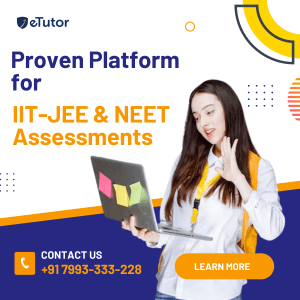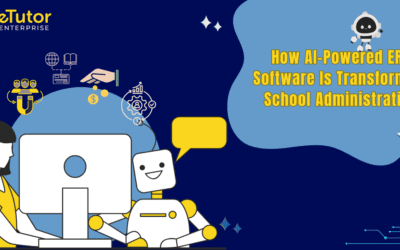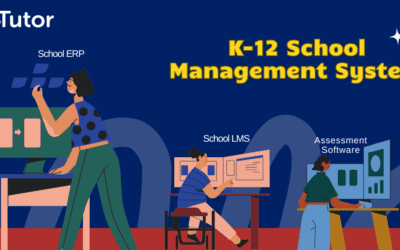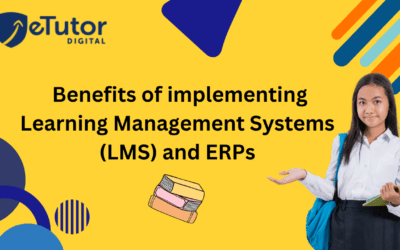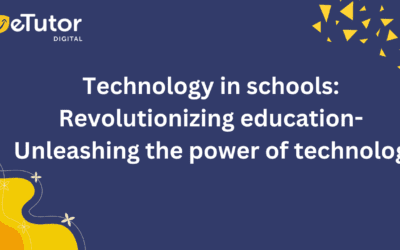benefits of using an ERP system in a school?
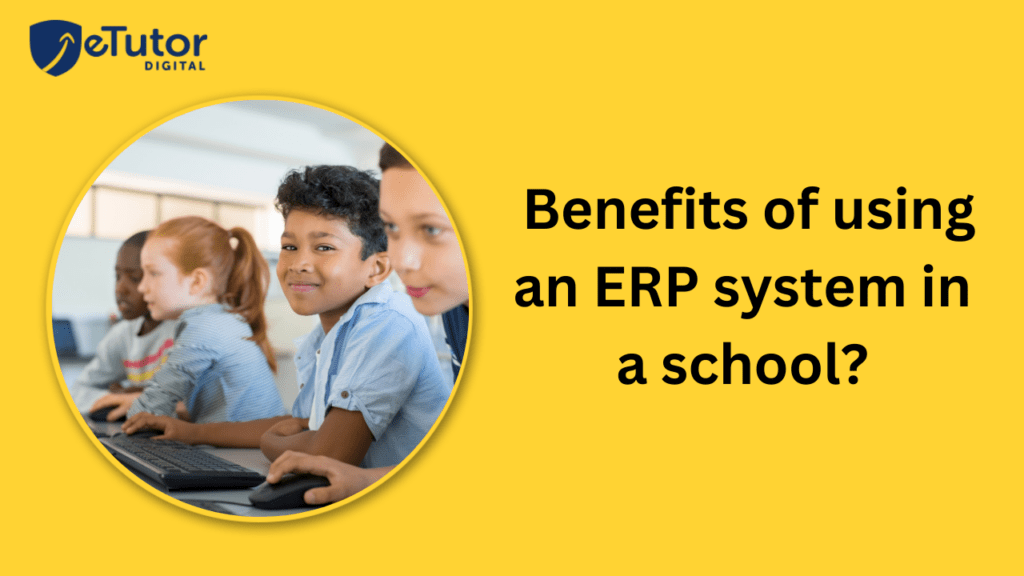
Table of Contents
ToggleEducational Resource Planning (ERP) software:
Educational Resource Planning (ERP) software is a robust technological solution that serves as the backbone for efficient administration and management of educational institutions, ranging from schools to colleges.
It is designed to integrate various processes and functions essential for the seamless operation of a school, offering a comprehensive and centralized system that streamlines tasks and enhances overall efficiency.
One of the key advantages of school ERP software is its ability to create a more comprehensive learning environment for students.
By integrating diverse processes such as student enrollment, attendance tracking, grade management, and resource allocation, ERP software provides a holistic view of the educational landscape.
It not only facilitates better decision-making but also contributes to the overall improvement of the learning experience for students.
Challenges faced in a school management system
Data management in educational institutions like schools is a complex and time-consuming task.
ERP software for schools addresses this challenge by digitizing data, making it easily accessible and secure.
This transition from manual record-keeping to digital databases not only reduces the risk of data loss but also allows for quick and efficient retrieval of information when needed. This is particularly crucial for tasks such as student records, examination results, and financial transactions.
24/7 access to information is a transformative aspect of school ERP software. Stakeholders, including school management, teachers, parents, and students, can access relevant information at any time and from anywhere with an internet connection.
It not only enhances communication and collaboration but also provides real-time insights into various aspects of the educational institution, fostering a more transparent and responsive ecosystem.
Benefits of using an ERP system in a school
Implementing an Enterprise Resource Planning (ERP) system in a school can offer several benefits, helping to streamline operations, improve efficiency, and enhance overall management. Here are some benefits of using an ERP system in a school:
ERP systems provide a centralized platform for managing diverse information across different departments. This integration ensures data consistency and eliminates data silos, fostering a more cohesive and informed decision-making process
Educational institutions often have various resources, including faculty, classrooms, and equipment. ERP systems help in optimizing resource allocation by providing real-time insights into availability and utilization. It ensures that resources are efficiently distributed and utilized.
Automation of routine administrative tasks such as attendance tracking, grading, and scheduling frees up time for educators and administrators to focus on more value-added activities, fostering a more productive work environment.
ERP systems facilitate seamless communication and collaboration among different stakeholders, including students, faculty, parents, and administrative staff. It leads to better coordination and a more engaged educational community.
By providing in-depth analytics and reporting tools, ERP systems enable educational institutions to make informed decisions based on data. It enhances strategic planning, institutional effectiveness, and overall performance assessment.
ERP systems assist schools in adhering to regulatory requirements and standards. It ensures accountability in various processes, such as grading, attendance tracking, and financial reporting.
ERP systems often come with portals that allow parents to access their child’s academic progress, attendance records, and communication with teachers. It promotes increased parental involvement in a child’s education.
ERP systems are scalable and can grow with the school. As the institution expands, the ERP system can accommodate the increasing volume of data and additional functionalities.
ERP systems help manage the school’s finances efficiently by automating processes such as budgeting, invoicing, and payroll. It leads to better financial control and transparency.
ERP software streamlines tasks, eliminating the need for additional staff, thereby lowering the institution’s operational expenses.
Accessible from home, ERP software enables students and parents to retrieve study materials, worksheets, homework, and schedules. In cases of illness or absence, educational resources can be shared online, fostering a more flexible and inclusive learning environment.
By automating tasks like attendance recording, ERP software enhances staff productivity, freeing them from mundane responsibilities. This automation contributes to the overall efficiency of the institution.
The implementation of school ERP software positively impacts education at both organizational and instructional levels, reflecting in improved student performance and a more enriching learning experience.
Well-integrated systems, streamlined access to data, and effective communication contribute to the smooth functioning of the school, leading to increased stakeholder satisfaction. A happy workforce and pleasant parent community contribute to the school’s success and uphold high educational standards.
Conclusion
In conclusion, Educational Resource Planning software emerges as a transformative tool for educational institutions, providing a comprehensive, adaptable, and user-friendly solution to enhance the functionality of both educational and management systems like schools.
The above mentioned are the key benefits of using an ERP system in a school. If you have any concerns or quires related to the school management system, please connect with our ERP specialist. Have a look at the eTutor School ERP software, a dedicated solution that give you all the benefits mentioned above. Lorem ipsum dolor sit amet, consectetur adipiscing elit. Ut elit tellus, luctus nec ullamcorper mattis, pulvinar dapibus leo.
Recent Posts
- NTA-Based Hybrid Assessment Software for IIT-JEE Mains, Advanced & NEET
- eTutor Offline Exam Software for IIT-JEE, NEET, and Foundation with Student Performance Analytics
- NEET Test Generator for Academies & K-12 Schools
- How School ERP Software Maximizes Productivity and Minimizes Cost
- How Does ERP Software for Schools Help Educators?
